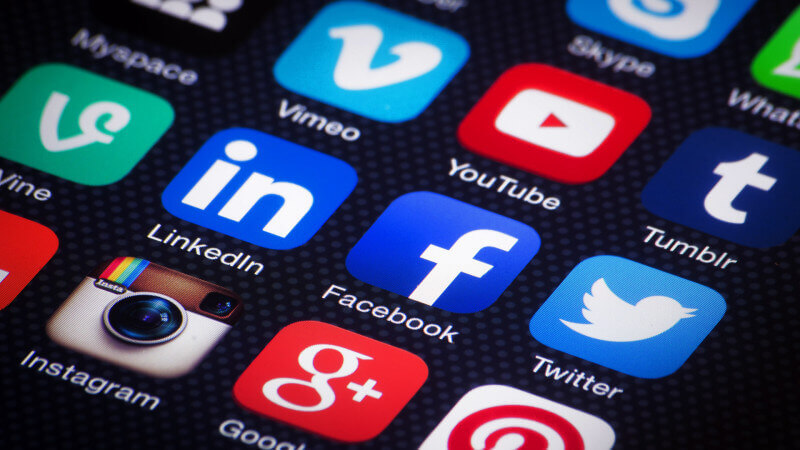
Social media is a powerful tool for hotels and hospitality businesses to reach their target audiences, build relationships with customers, increase brand awareness, and drive more direct bookings.
NB: This is an article from UP Hotel Agency
According to Revenue Hub, 97% of millennials share photos on social media during travels, whilst 71% of travel agencies report better interactions with consumers when committed to a social media strategy. With its potential to create engagement and generate leads, it’s no wonder why social media has become an essential part of any digital marketing strategy.
Subscribe to our weekly newsletter and stay up to date
Businesses within the hospitality industry must utilise a range of social platforms to reach potential customers and stay competitive.
Hotels can use social media platforms such as Facebook, Twitter, Instagram or Tik Tok to connect with guests before they arrive at the hotel. By providing engaging content that encourages interaction from followers on these channels – such as photos or videos of hotel amenities or local attractions – hotels can make a lasting impression on prospective guests even before they step foot inside the lobby.
This has been exemplified by the pandemic, with more people spending time scrolling and searching for travel inspiration post-lockdown. Here are just a few reasons why it’s important to use social media in your digital marketing for hospitality strategy.
Reach a Wider Audience
Social media provides a huge platform for businesses in the hospitality industry to reach potential customers.
Using targeted ads on social networks like Facebook allows hotels to reach potential customers who may not be aware of their business yet but are likely interested in what they have to offer based on demographic information such as age range, interests or location.
Hosting a wedding fair? You can use Facebook and Instagram ads to target people who got engaged within the last three or 6 months, for example. You can also target specific distances for events, or certain jobs such as Marketing Managers and CEOs when advertising conference spaces.
Additionally, effective tracking tools enable marketers to measure how successful campaigns are performing so adjustments can be made if necessary for better results in the future.




